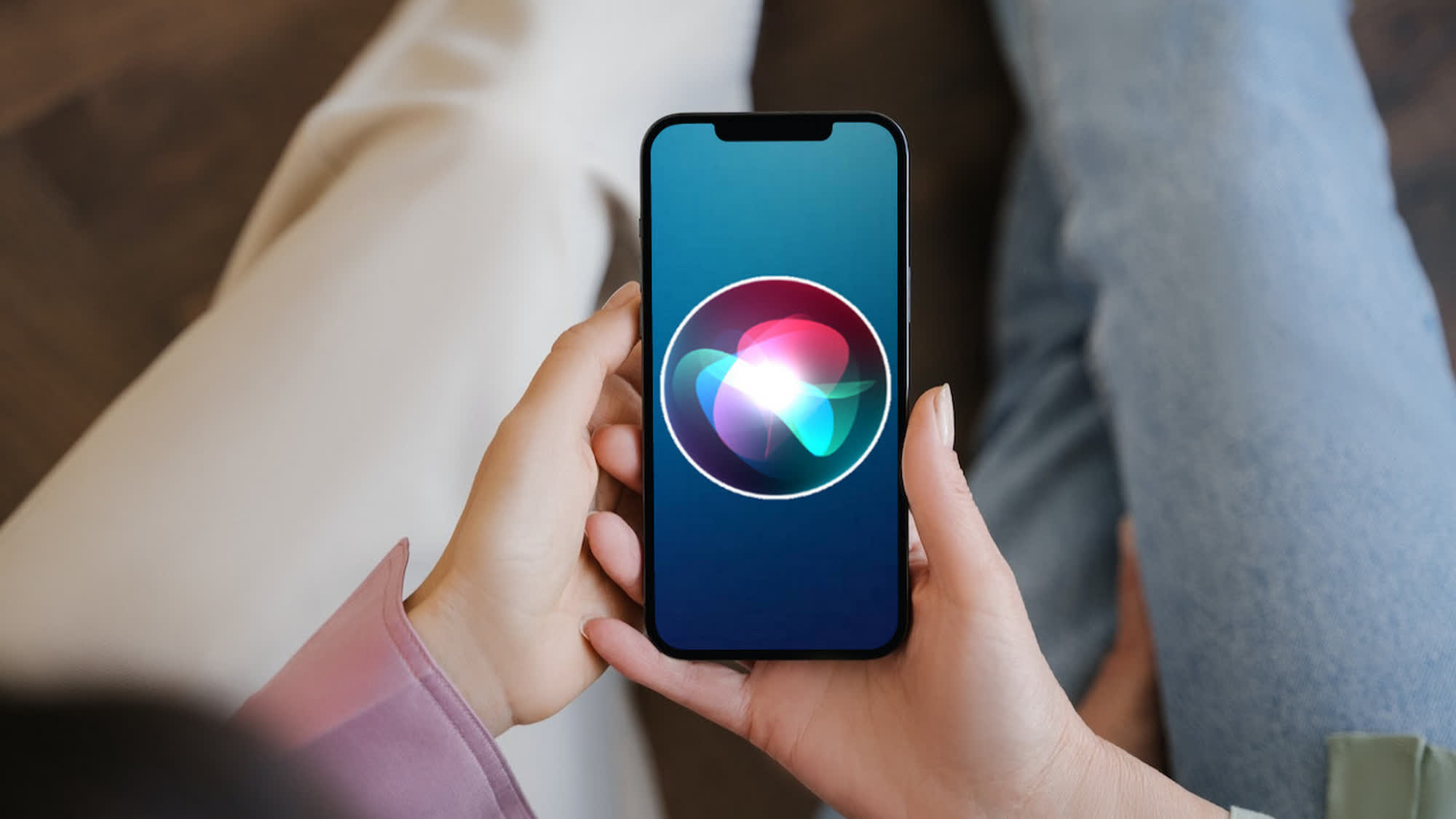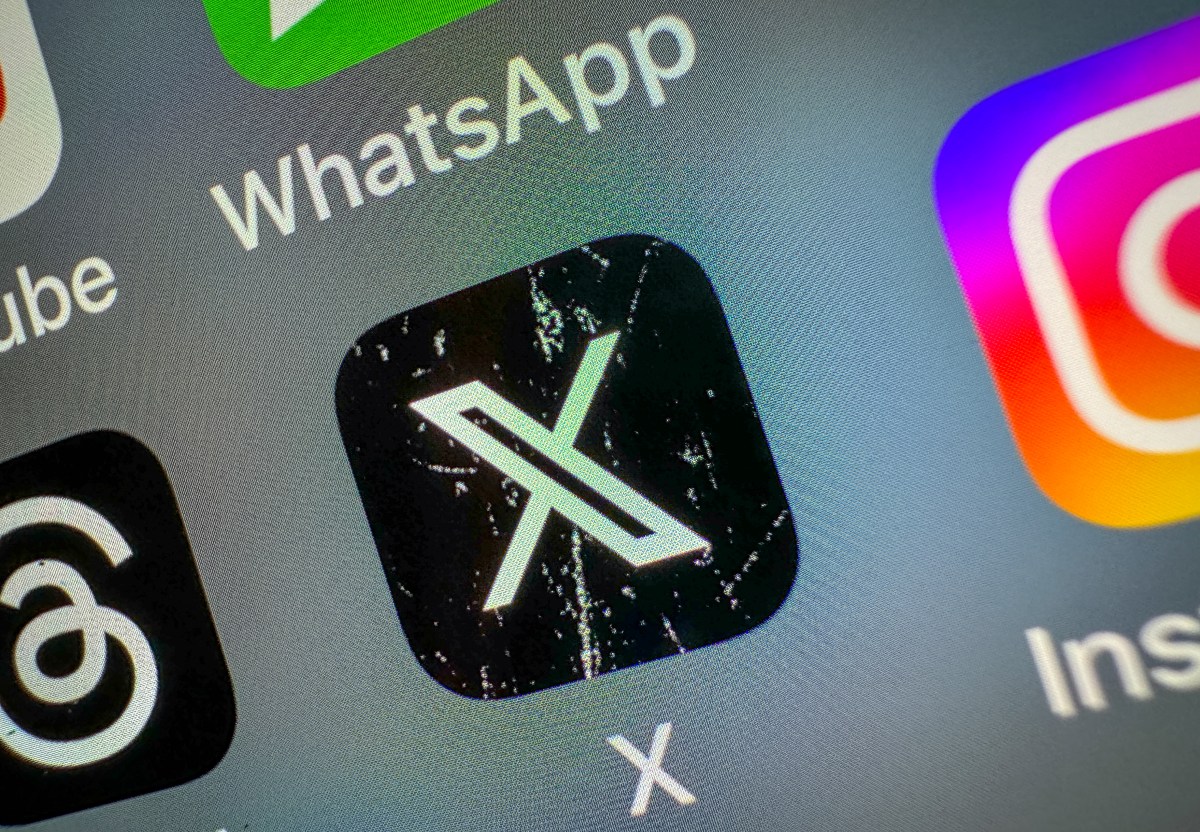In context: It’s a phenomenon that has been around since the dawn of the modern tech age: seeing an advertisement for an item, usually on social media, that you’d recently been talking about. It’s often blamed on companies recording conversations and sending them to advertisers. Now, Apple has refuted rumors that this is something it does using Siri.
Apple published a post yesterday (January 8) emphasizing its commitment to user privacy, especially when it relates to Siri.
“Apple has never used Siri data to build marketing profiles, never made it available for advertising, and never sold it to anyone for any purpose,” the post states.
The situation has arisen from a five-year-old lawsuit that Apple paid $95 million to settle last week. It accused Siri of eavesdropping on people’s private conversations on iPhones and other devices since 2014. The Cupertino giant was also accused of recording conversations even when the “Hey, Siri” trigger phrase was not used.
In 2019, an anonymous source revealed that quality assurance auditors regularly heard parts of pseudonymized personal conversations and people having sex while listening to Siri recordings. Quality control contractors’ jobs were to grade Siri interactions on various aspects, including whether the activation was on purpose or on accident, whether it was a request that Siri could handle, and whether its response was appropriate. Apple changed its policies a week later, promising not to retain audio recordings or, for those who opt-in, share them with third-party contractors.

Plaintiffs in the case accused Apple of sharing data from these recordings with advertisers for targeted advertising based on what they were talking about.
The settlement notes that in earlier filings, plaintiffs claimed that after mentioning brands such as Olive Garden and Air Jordans in conversations, they were served ads for these products, which they attributed to unintentional Siri recordings.
Apple continues to insist that it did nothing wrong, but some have assumed the $95 million settlement is an admission of guilt, which has led to the company to posting its statement. It claims that Siri does as much processing on-device as possible, but certain features require real-time input from Apple servers. In these cases, Siri uses as little data as possible to deliver an accurate result, and searches and requests are not associated with users’ Apple Accounts.
“Apple does not retain audio recordings of Siri interactions unless users explicitly opt in to help improve Siri, and even then, the recordings are used solely for that purpose,” the company explains.
This isn’t the first time a tech behemoth has had to deny reports it serves targeted ads based on secretly recording people. Facebook said in 2017 that it never engaged in this practice. CEO Mark Zuckerberg repeated the denial to congress a year later, though the company did admit in 2019 that contractors had been transcribing Messenger voice recordings.
Masthead: omid armin









Leave a Comment